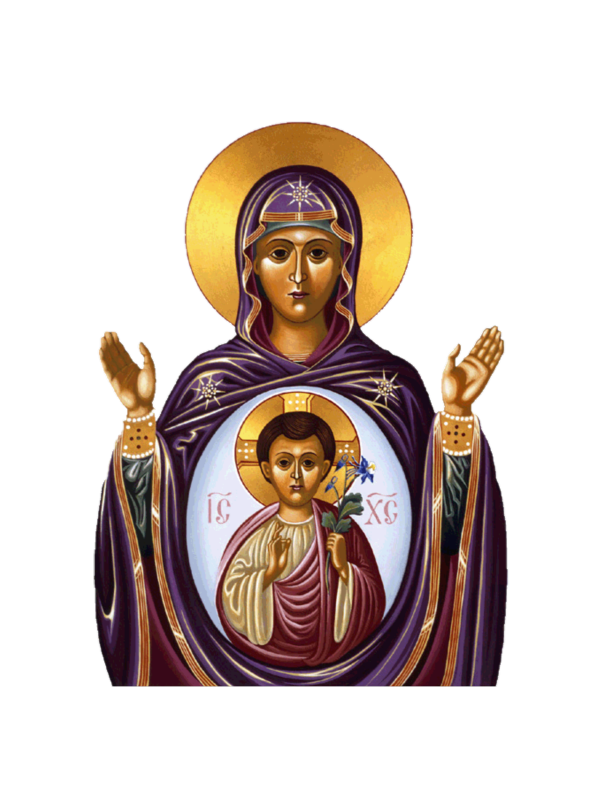Priests For Life Canada
ORGAN DONATION AND ADVANCE DIRECTIVES
In your ministry in hospitals and to families, you will eventually be asked to offer counsel on end-of-life decision making. On the surface, organ donation may seem like a straightforward issue with little moral complexity. If vital organs could be taken from any dead body at any time, the issue would, in fact, be simple. However, this is not the case. The viability of vital organs for transplant decreases very quickly after death due to the lack of blood circulation. This makes issues such as determining the moment of death and the withdrawing of life support critical moral issues in organ donation.
Organ donation at end-of-life (non-living organ donation)
“Organ donation after death is a noble and meritorious act and is to be encouraged as an expression of generous solidarity.” CCC #2296
Because vital organs such as the heart become unusable for transplant very quickly after the potential donor’s death, the major ethical issues in organ donation concern the criteria for determining when death has actually occurred. The two main sets of criteria used in hospitals are brain death and cardiac death.
Traditionally, cardiac death was the principal factor in declaring a patient dead. The lack of blood circulation after cardiac death, however, and the limits this placed on the viability of organs led brain death criteria to become more prominent. Brain death criteria allowed for the artificial maintenance of circulation even after a declaration of death.
As the need for organs increased, hospitals realized that brain death criteria alone made the pool of donors too small. So in an effort to increase the number of organs available for transplant, new protocols were developed to better facilitate organ donation after cardiac death (DCD). These would be used among patients who did not meet brain death criteria but who were on life support with little chance of a meaningful recovery. These protocols are not without controversy, and DCD has yet to be fully implemented in North America. Donation after brain death has remained the common practice, and in Canada, virtually all organs obtained from deceased donors are obtained from those declared brain dead.
Summary of Ethical Issues related to organ donation
Withdrawal of Life Support: It is important that the decision to withdraw life support be made prior to and independently of any discussion about organ donation. The issue of organ donation must not in any way influence the decision to withdraw life support.
Determination of Death: Death must occur before the removal of vital organs takes place. The removal of organs must in no way be the cause of the patient’s death. Current DCD protocols require a waiting time of between 2 and 10 minutes after the cessation of cardiac activity before a declaration of death can be made and organ retrieval begins.
Pre-Mortem Medications: In organ donor candidates, certain medications such as heparin and phentolamine may be given while the potential donor is still alive. These medications are sometimes considered necessary in order to preserve and improve organ viability. They may, however, hasten the death of the donor.
Donor Cards and Ministry of Health donor databases: Due to the complexity of issues surrounding organ donation, it is advisable that if you sign a donor card or allow yourself to be registered in a government donor database (i.e. when you renew your Health Card), you ensure that you also have a durable power of attorney and that you have discussed organ donation with your Power of Attorney.
Advance Directives
Advance Directives allow health care providers to make decisions related to your care when you are unable to make these decisions for yourself due to serious illness. Hospitals may inform you about advance directives upon admission and may even ask you to sign one.
There are two main types of Advance Directives:
Living Will: this is an “instructional” directive. In other words, it tells health care providers what treatment options you do or do not want in certain cases. You should avoid signing a living will. It is impossible to anticipate all possible scenarios and contexts of illness/treatment options. A living will can be easily misinterpreted and often the template wills are formulated by pro-euthanasia groups using vague language.
Durable Power of Attorney for Personal Care: this is a “proxy” directive. In other words, it is a legal document, recognized in all provinces, naming someone as a health care “agent” for you. Make sure you discuss critical illness and end-of-life care with your Power of Attorney. Avoid making blanket statements rejecting certain types of treatment – e.g. “No machines”, “No tubes.” The Euthanasia Prevention Coalition of Canada offers a template you can use for a durable power of attorney.
Church Documents and Teaching
Pope John Paul II. Discourse to the Participants of the Working Group on the Determination of Brain Death and Its Relationship to Human Death. December 10-14, 1989.
http://www.casinapioiv.va/content/dam/accademia/pdf/sv83pas.pdf
Pope John Paul II. Address of Pope John Paul II to participants in a congress on renal illnesses and transplants. April 30, 1990. From The Pope Speaks 1990(35):336-337.
Pope John Paul II. Audience of Pope John Paul II to participants in the First International Congress of the Society of Organ Sharing. June 20, 1991. From The Pope Speaks 1992(37):12-14.
Evangelium Vitae: On the Value and Inviolability of Human Life, Pope John Paul II, 1995
http://w2.vatican.va/content/john-paul-ii/en/encyclicals/documents/hf_jp-ii_enc_25031995_evangelium-vitae.html
